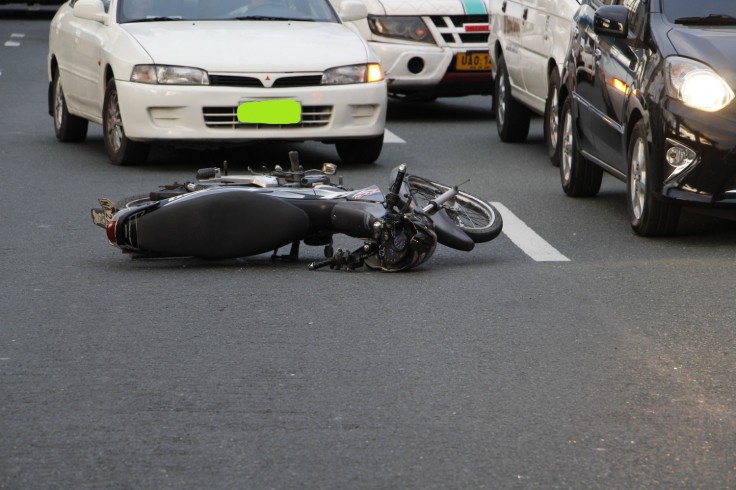
Motorcycle accidents tend to be catastrophic for the rider. Bone fractures, traumatic brain injuries, and internal bleeding are common after a crash, as protective gear cannot prevent all injuries. Motorcycle accidents are 26 times more likely to result in fatalities than passenger vehicle occupants. Over 200 Canadian motorcyclists die in road accidents yearly, racking up a veritable mountain of personal injury cases. These cases are nuanced and require specialized analysis from professional law firms like MNHInjuryLawyer.com, who are crucially aware of the specific litigation process. The following section dives into some of the challenges petitioners have to overcome.
1) The General Public Mindset is Biased Against Riders
Much of society has a bias against riders, evident through statements provided by eyewitnesses, juries, and judges. Often, this is seen as a reckless mode of transportation. Certain parties might also be oblivious to a rider's legal rights. A judge and jury typically try Canadian personal injury cases. Consequently, insurers enter the picture as well. These agents often undervalue motorcycle accidents because there are many ways to find fault in the victim.
Every human component of these trials is thus swayed by a stereotype that riders will need to overcome. The actual statistics turn that stereotype on its head. Most motorcycle accidents occur when passenger vehicles violate a motorcyclist's right of way or cut them off at an intersection. Juries are also prone to thinking that motorcyclists speed by habit, but only one in 1000 rides at high speeds. The bias remains, though, which means your lawyer must do more than satisfy their burden of proof. They must educate the courts as well.
2) The Harm/Fault Balance is Lopsided
The most common causes of passenger vehicle collisions are distracted driving and speeding-two actions that are comparatively easy to view as negligent. A small mistake like opening a door or failing to check a blind spot can devastate a motorcyclist, so proving negligence can be particularly challenging.
3) Insurers Low-Ball Motorcyclists
Insurers are often at the core of personal injury claims. Frequently, they are tasked with evaluating claims, and their role has always been to pay out as little as possible. Lowballing is particularly severe in motorcycle accidents where bias endures. Most personal injury cases settle out of court. This makes a case less expensive to try. Still, the odds of attracting reasonable compensation are low if you're a motorcyclist. Insurers make low settlement offers to protect their profits, so motorcycle accident plaintiffs often must take the matter to court to attract a fair resolution.
4) Traumatic Brain Injuries are Difficult to Explain
Traumatic brain injuries are one of the most common consequences of motorcycle accidents. The general public poorly understands this devastating condition. Symptoms are wide-ranging, difficult to describe, and often obscure. This leaves your lawyer with difficulty showing the court that your TBI is as destructive as an amputation. Since TBIs can cause other disabling conditions like epilepsy, they're extremely complex and require plenty of extra input from neurology experts to diagnose and formulate a prognosis. For this reason, it's crucial to hire a lawyer willing to take the time to understand the myriad ways your injury affects your life.
5) The Courts Don't Take Soft Tissue Injuries Seriously
Soft tissue injuries are notoriously difficult to win. They don't show up in X-rays, and bruising doesn't always reflect the severity of the injury. Currently, compensation is most often awarded to catastrophic injuries with obvious diagnostics. Convincing courts to take soft tissue damage seriously is becoming increasingly difficult. While you might secure enough to cover your medical bills, the odds of winning enough compensation to cover pain and suffering are low. Therefore, you need a meticulous lawyer who can refer you to doctors who know how to treat you and are willing to spend time on your legal case.
Allocation of fault is tough to prove, so denied claims are part and parcel of the process. Motorcycle personal injury claims are not cases you can handle alone. You need a dedicated and highly skilled lawyer who cares about your well-being.









